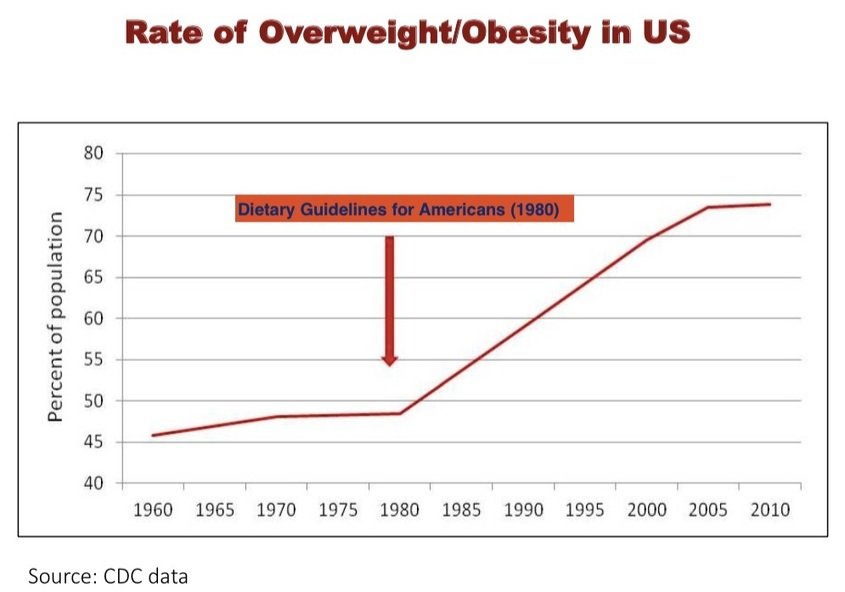If in ancient times, being fat was a symbol of wealth and abundance, nowadays, it is a common fact that overweight and obesity may increase the risk of many health problems. Moreover, the subject of childhood obesity is becoming an ever-greater social concern at present. According to the World Health Organization (WHO), childhood obesity is one of the biggest public health challenges in the 21st century. This is a phenomenon that particularly affects low- and middle-income countries.
According to WHO predictions, over the next decade, more than 42 million children would be overweight. More than 80% of them would live in urban areas. Childhood obesity is a topic of interest to many researchers. Recent studies have shown that obese children may remain obese even in adulthood. They are thus likely to develop an earlier age, non-communicable diseases such as diabetes and cardiovascular diseases. However, obesity and related illnesses are preventable. Remember, prevention is always better than cure.
How to diagnose childhood obesity?
The body mass index (BMI) is a very useful tool to detect obesity in adults. However, to facilitate diagnosis of obesity in children, WHO recommends the use of the BMI-for-age percentiles. In fact, children’s weight cannot be measured using solely BMI. According to WHO, the BMI calculations must be supported and complemented by the BMI-for-age percentile graph. For an efficient medical follow-up, the child’s health record should be kept up-to-date. If your child’s BMI keeps on rising, you should seek professional medical advice.
According to the National Institute of Health Education and Illness Prevention (Inpes), the Body Mass Index is a good way to define adiposity. It varies according to age. The BMI increases during the first year of life, decreases until 6 years and then increases again. The BMI-for-age percentile graph can be used to identify the child’s obesity risk. Overweight is defined as a BMI at or above the 85th percentile for children and teens of the same age and sex. If the BMI is above 97th percentile, the child is obese.
Help your child develop healthy eating habits
Healthy eating habits should be developed at an early age. It is the parents’ responsibility to ensure that their children have balanced diets or eat healthy portions of food. If healthy eating habits are inculcated during childhood, healthy eating would be quite natural for the child.
Introduce healthy foods in your child’s diet from the age of 6 months. According to nutritionists, you can start with fresh vegetable purees such as carrot and zucchini. Fresh fruit juices can also be given to children at the age of 6 months. Remember, a good leader must be an example under all circumstances. If you want your child to develop good eating habits, you must be an example to be followed.
Be creative by exploring and experimenting with different flavors. You have to bear in mind that a child does not have the same needs as a teen or an adult. It is important to properly define the food portions. If you want to know more about healthy eating, seeing a specialist can often make the difference. Alternatively, some innovative tools can be used to define portions and carb count.




